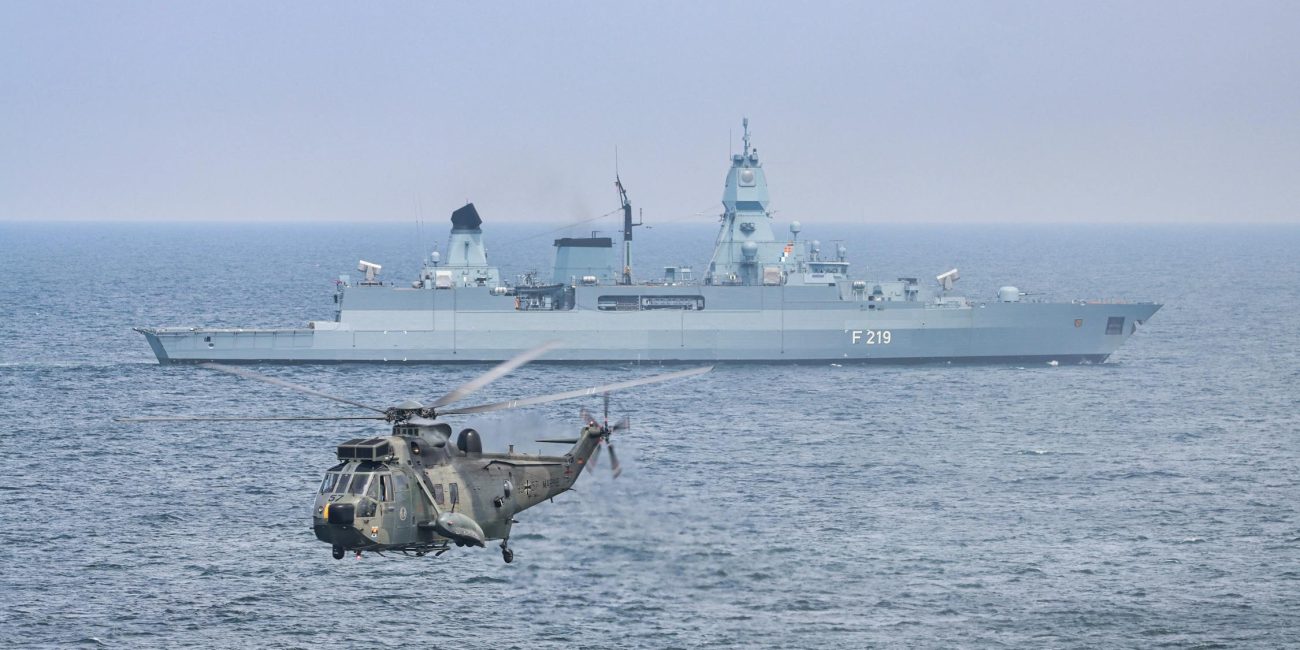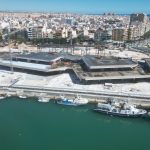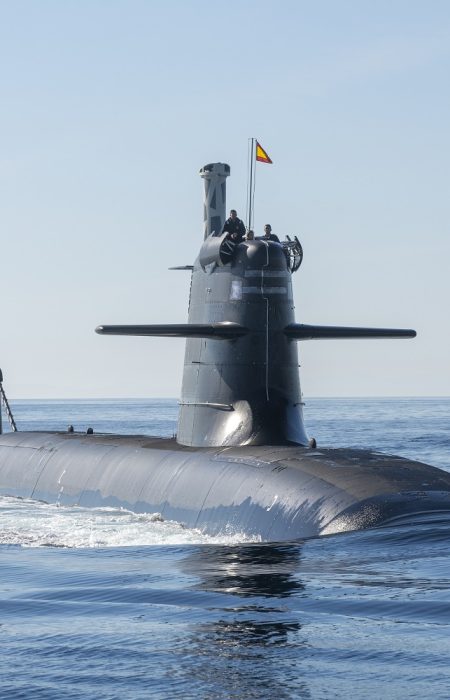Residents of Alicante will have the opportunity to observe the arrival of three NATO ships over the weekend. These ships, two of which are from Spain and one from Turkey, will disrupt the monotony of the Mediterranean until Tuesday 8th April.
The Turkish frigate Kemalreis, the Spanish frigate Ávaro de Bazán, and the Combat Supply Ship Patiño are the three imposing vessels.
Standing NATO Group SNMG-2, which is under the command of Turkish Rear Admiral Ilker Avci, will make a halt in the city following the conclusion of one of NATO’s most significant exercises, Dynamic Mariner/FLOTEX-25, according to the Alicante Naval Command.
This visit is occurring during a rest period for the ships’ crews and to conduct the requisite logistical operations to guarantee that the units remain at sea in the upcoming months, following a series of intensive military exercises at sea.
Nevertheless, the ships are not scheduled to host open days during their visit to the city, as it is a logistical-operational and rest stopover.
The SNMG-2 multinational group is responsible for a variety of primary missions, including the following: enhancing maritime awareness, preparing for deployment to crisis zones and initiating containment efforts, conducting training and exercises to improve interoperability among NATO members, and supporting the Alliance’s deterrence and defence posture.
The NATO Allied Maritime Command (MARCOM) administers SNMG-2, which is composed of a number of naval platforms, such as frigates, destroyers, and logistics support vessels, that have been contributed by a variety of NATO member countries.
Armada in Alicante
The Port of Alicante also welcomed the arrival of the Spanish Navy’s 94-metre-long ship “Relámpago” in May 2024. The ship was there to conduct an exercise with the Guardia Civil in order to prevent a terrorist attack involving a car bomb.
The vessel was dispatched to apprehend three suspected jihadists who were operating the explosive from a fishing boat. 200 personnel, including the provincial Guardia Civil and the crew of the patrol boat deployed for the operation, were involved in MARSEC 24’s intervention.
The Navy’s Zone Surveillance Patrol Vessel “Toralla,” which is stationed in Cartagena, also participated in the exercise by simulating the fishing craft of the jihadists. Concurrently, a search for the vehicle bomb was being conducted in the Port of Alicante.
The Technical Specialist in the Deactivation of Explosive Devices (TEDAX) deactivated the device using a robot after it was identified. This allowed specialists to inspect the vehicle by causing a controlled detonation.









No Comment! Be the first one.